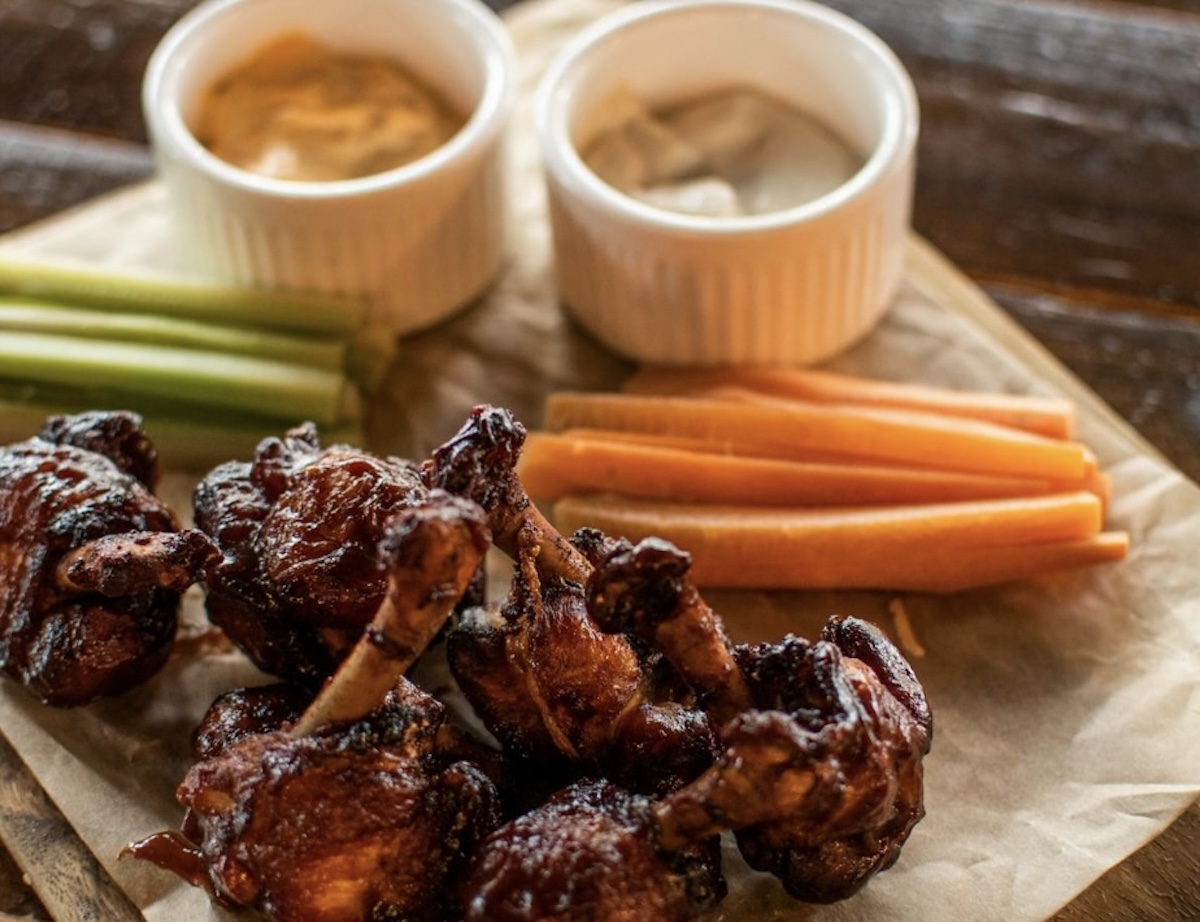Intentional Eating: A Mindful Approach to Nutrition

In my coaching practice, the thing I see most commonly is this: People come to me exhausted from counting every calorie, measuring every morsel, and still feeling totally disconnected from their bodies. Which I totally get, I’ve been there. I spent the first year of my health “journey” cutting out refined sugar and dairy and the second year of it counting every single macro and calorie I could, except for on cheat days. On cheat days, I had full permission to have a glorified binge… It hurts thinking about it!
All that to say, I learned the hard way that finding the healthiest version of yourself doesn’t mean making health your full-time job, obsessing over every calorie, or having all of your thoughts revolve around food. On the contrary actually.
Intuitive Eating or Intentional Eating
You may have heard of the term “Intuitive Eating” as it’s been circulating on the internet for the last several years made popular by a book written by Evelyn Tribole. Intuitive eating is the concept that listening to your body * * with the guidance of 10 key principles is what everyone needs to achieve their body’s natural state of health. Not diets, not manipulation of exercise, and not food to change your body.
While the concept of intuitive eating is nice, over the years working with clients, I find the first step out of dieting and restrictive cycles isn’t straight to intuitive eating, but instead to intentional eating. You don’t know what your body needs until you learn a little about the science of nutrition and your body, learn how to cope with life without food, and practice structure that makes sense in your life around your food and exercise habits.
As you build habits from intention, you learn your body and its needs, and your actions naturally become more intuitive. But intuition can’t be built without a little guidance (in my opinion!).
Using Food Journals With a Practical Balance
So what about tracking? I’ve been a nutritionist and coach for the last 5+ years and have worked with hundreds of practical people just trying to figure out how to eat like a normal person and find their happy weight. Almost all of them have used the Ate app to journal their meals. Isn’t tracking food the opposite of being intuitive? Doesn’t it borderline the same obsessive nature as tracking macros or calories?
Not really. Journaling is objective, judgment-free, and gets your thoughts onto paper. It helps you reflect. I snap a photo of my pancakes on a Sunday morning that my husband made and can write notes on how that meal made me feel. Loved, taken care of, full — but only for an hour, and a little sluggish. Now I can objectively consider how I might want to treat my next meal or snack. No restriction, just feeling and knowledge merged together to make an educated choice. “The pancakes were good, didn’t make me feel my best, I’m hungry an hour later, my next meal or snack can be protein and fiber-centric.” I mixed my feelings with my knowledge for what my body lacked at the first meal and needed at the next to make an intentional decision.
These kinds of notes help you spot patterns without getting wrapped up in calorie math. Way more useful than stressing about hitting exact macro targets (again, in my opinion)!
Finding Your Practical Balance
Let’s get real — some days you’ll nail this whole mindful eating thing, and other days you’ll inhale a bag of chips while standing in front of the fridge. Guess what? That’s normal! Even as a coach, I have those days too.
The goal isn’t to be perfect — it’s to be consistent most of the time while still living your life. One of my favorite success stories is Tom, who used to follow super strict meal plans that left him irritable and tired. Now he focuses on eating mostly whole foods that make him feel good, while still enjoying wings during football games with his buddies. His energy is better, his workouts are stronger, and most importantly, he’s not stressing about food 24/7. Those choices didn’t start with intuition, they started with intention. After a few months of practice, he gets to live the rest of his life with those decisions being autopilot — or one might say, intuitive.
Making This Work in Your Life
Remember, you’re not just trying to change what you eat — you’re learning to rebuild trust with your body. It’s like any other relationship — it takes time, patience, and lots of practice. But I promise you, it’s worth it.
The best part? Once you find your groove with intentional eating and movement, it stops feeling like work and starts feeling like your natural way of life.
Try Ate today while practicing intentional eating and finding your practical balance!
With my clients, I focus on shifting habits without restricting or counting calories to achieve sustainable weight loss or weight maintenance. We use practical nutrition so we can live life and feel our best! If you’re ready to dive deep into your habits and feel confident about your choices surrounding food again, book a free consultation with me here!
